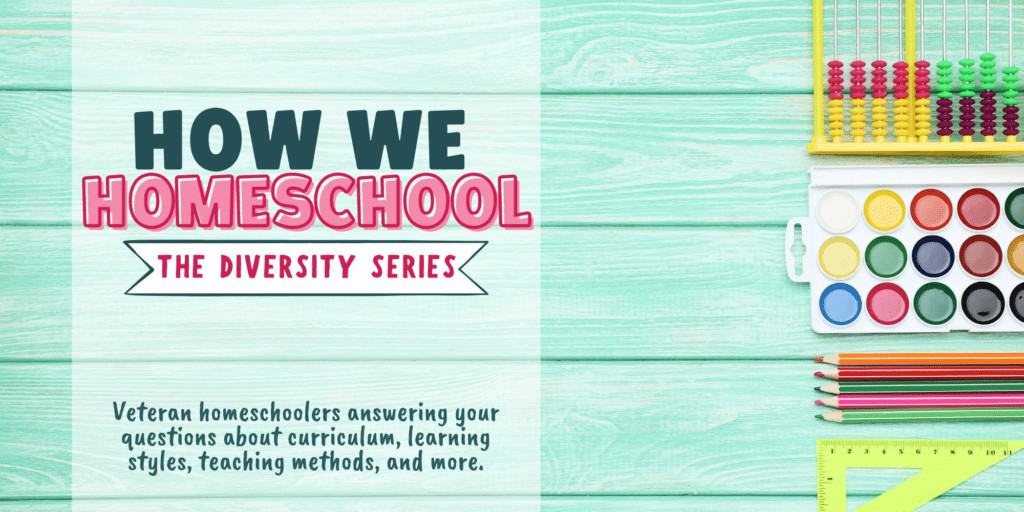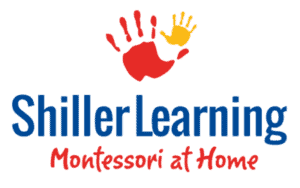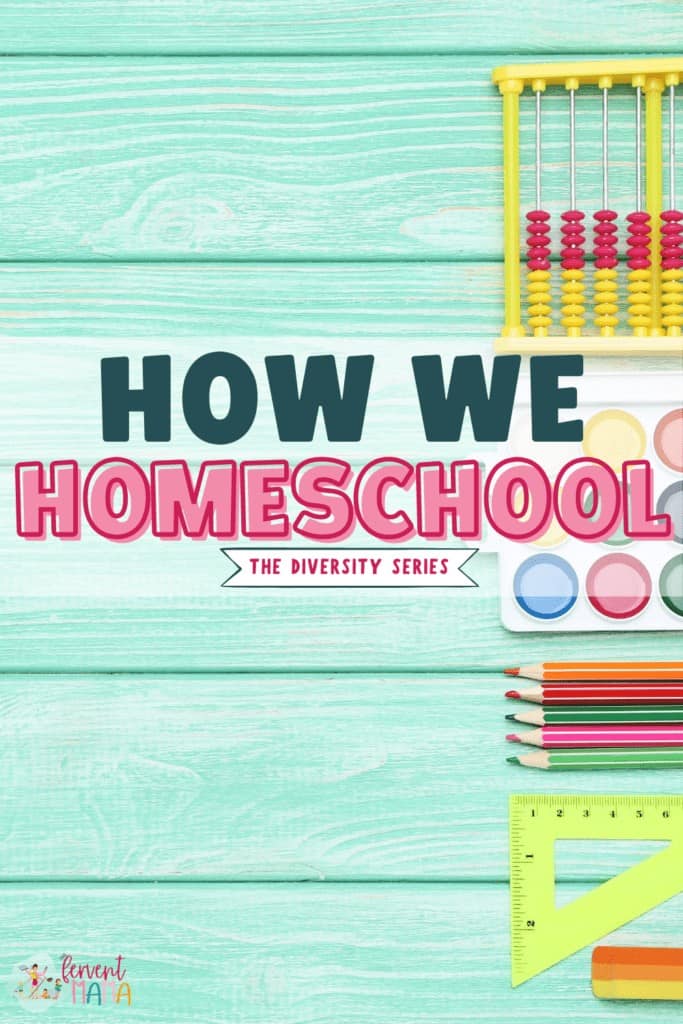Three Essentials for Experiencing Homeschool Success
The Fervent Mama uses Affiliate Links. See our disclosure policy here.
When I first started homeschooling, it filled me with anxiety and worry. At the same time, it excited me and thrilled me to start this new adventure called homeschooling.
I first read about homeschooling in a magazine. And then, on a camping vacation, God made sure the office assigned a homeschooling family of ten to the site right next to ours. I knew I wanted what they had, but I didn’t know what homeschool success looked like.
I thought I would see homeschool success by choosing the right method or curriculum. Then, I found out that homeschool curriculum fills catalog after catalog, making it impossible to know what that right choice could be. And, of course, there are at least eight different methods of homeschooling. So, that didn’t offer any answers either.
But, one homeschool mom who mentored me offered some true wisdom. She said that the reason she chose to homeschool was that she wanted to be the primary influence on her child’s life. She defined homeschool success by her relationship with her daughter and the character and habits her daughter adopted because of her influence.
Three Essentials for Homeschool Success

Relationship
Over the nearly twenty years I’ve been homeschooling, I’ve had some rocky times. As you might imagine, everything doesn’t always go smoothly. But one of the things I’ve learned is when you have a bad day homeschooling, set the academics aside. Nurture the relationship.
My relationships with my children truly lays the foundation for them to trust me. If they trust me, they will be more likely to do their lessons, and they will be more willing to cooperate.
There have been times when we didn’t cover a subject because it caused so much friction, it threatened to damage our relationship. I vowed to never let academics come between my children and me.
Academics can be learned at any age, but it takes a very long time to heal broken relationships. And sometimes, they never heal.
I decided not to measure homeschool success by college admissions or academic achievement. Instead, I measure it by the strong bonds I still have with my two grown children, not to mention the ones still homeschooling.
Habits
This is one area that maybe we tend to take for granted, but is essential for homeschool success. Have you ever met a young person who possessed lots of head knowledge, but never seemed to get anywhere? Maybe they never learned good habits.
Habits need to be intentionally taught. When we think of good habits, we often think of personal hygiene and good manners. But, the benefits of good habits go beyond just these. If we teach our children particular habits, these habits will be second nature.
They will guide our children throughout their lives, making it easier for them to do almost anything, from career achievement to managing a home. These good habits will ensure that all that academic knowledge doesn’t go to waste.

Some good habits include:
- Solid study habits. Knowing how to study and how to do research.
- Good organizational skills.
- Understanding how to plan and break tasks into manageable steps.
- Setting SMART goals regularly.
- Developing a daily routine.
- Setting a budget and knowing how to save money.
- And of course, personal hygiene, good manners, and household habits of cleanliness.
A child who grows up learning these habits and skills will enjoy homeschool success. This is because they will know how to learn and how to have a productive, successful life. Without these habits, young adults flounder and make foolish, avoidable mistakes. They end up having to work harder than necessary to achieve even the smallest gains.
Of course, even though we teach these things, our children need to own the lessons for themselves if they are to reap the rewards. Focusing on habits over academics helps your child succeed in life and ultimately, that’s the goal. Right?
Character: An absolute must for homeschool success
Character makes the difference between a serial killer and a philanthropist. Both generally demonstrate intelligence and knowledge, but one uses it for calculated evil. Character makes the difference between the narcissistic and the attentive. That’s why it’s so important to instill good character when children are young.
Unlike academics, good character traits cannot be learned at any age.
Your homeschool success is determined not by what your child knows, but by what he feels toward his fellow man. This will show in his work ethic, in his service and volunteer work (or lack of it), and in everything he does and says.
The three best ways to develop character are through service, whether at church, at home, or in the community; required chores and work at home, not necessarily tied to an allowance, either; and entrepreneurship.
We prevent entitlement and laziness by teaching them about earning privileges and material rewards.
Don’t let things slip by or fill your days with so many subjects and activities that bad character traits start setting in. Address issues as they arise, not when they finally become so problematic that they’re unavoidable.
Believe me. I’ve done it and it was soooo much work to get rid of that trait later! And, it was hard to control my own anger and frustration. Character is far more important than the spelling lesson or the science class.
And don’t feel bad if you end spending entire days working on relationships, habits, and character. Your children are still learning. In fact, they are learning the most important lessons of all.
This post was written by….

Julie Polanco is a trained master herbalist, author, speaker, podcaster, blogger and 18 year veteran homeschooling momma of four. When she isn’t writing, you’ll find her out in her kayak, floating along the Chicago River. Or, maybe just sipping some Earl Gray on her back porch.
Website | Facebook | Pinterest | Instagram| YouTube | Podcast
This article is a part of our How We Homeschool Series; a collection of content from full-time, veteran homeschoolers sharing their own experiences on the versatility and diversity of homeschooling. You can read more about the series, and see all of the content, by clicking the image below.














